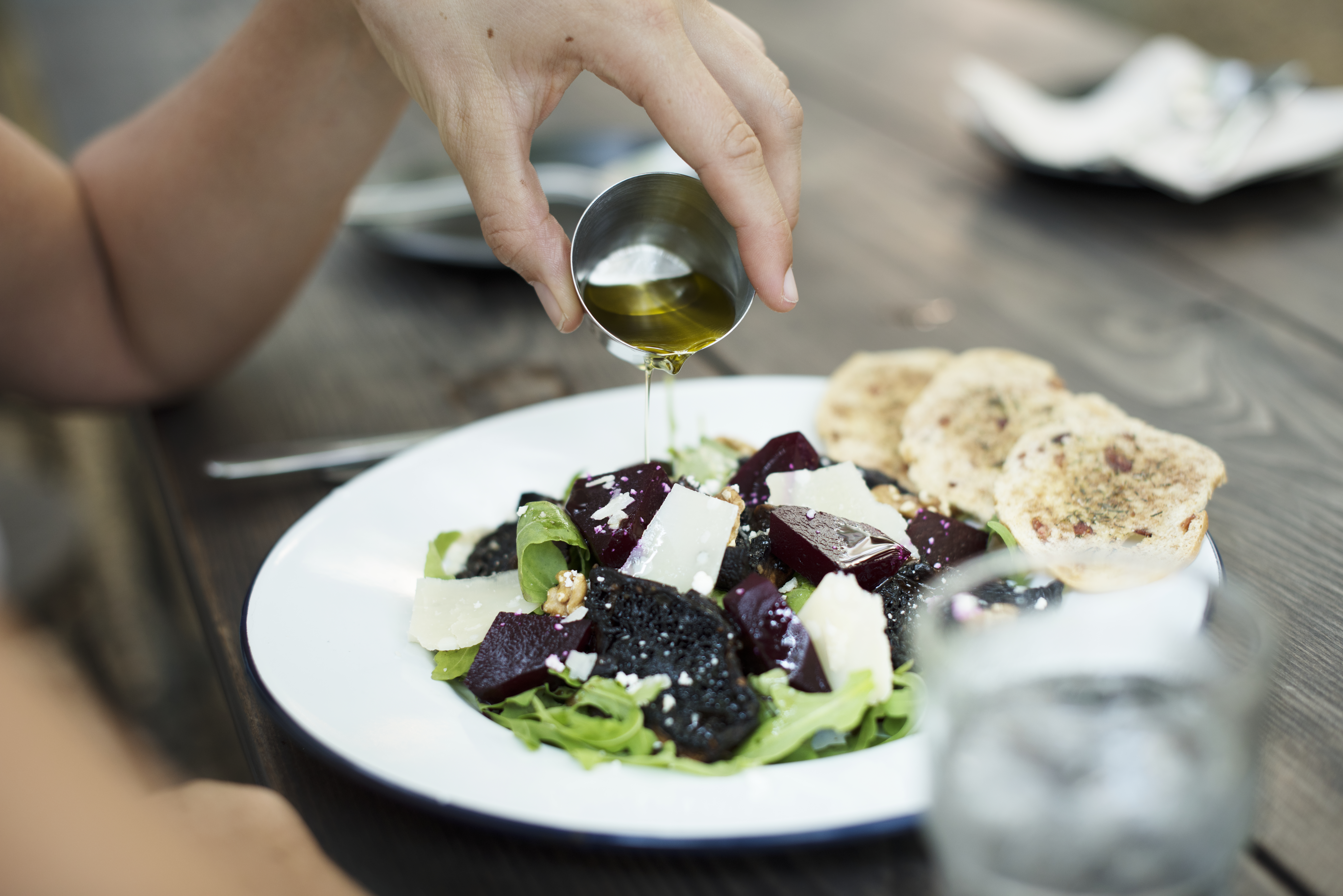
10 Aug The Real Enemy Among Us
I just read an article about back to school lunches. I read some great ideas for getting some healthy food into your kids, up until the author mentioned low fat products.
Low fat is not part of a healthy diet.
That sounds like heresy, I know. Authorities have preached low fat to us for about 50 years.
How is that working for us?
My mother-in-law’s cardiologist is obese. I would guess he follows the American Heart Association guidelines for low fat. It’s a shame that he is not an isolated exception. Everywhere I look I see overweight people struggling to cut fat out of their diet.
Science is not as exact as people think. Researchers look at evidence and draw conclusions. Sometimes biases inadvertently creep in. Sometimes unethical companies pay the researchers to support their bias. Inexact and incorrect science sent us in the direction of low fat.
What is the real problem causing so much overweight and ill health? Lots of factors contribute to overweight, but the one that is particularly insidious is the addition of chemicals in processed food.
Pick up any food package and read the nutrition label. Notice the fat contents are in large print. Skip to the fine print of the ingredients list and look at the ingredients listed last. Do you know what those are? Can you even pronounce their names?
Your body is not made out of synthetic chemicals so you should avoid putting them into your body.
Many of these chemicals were tested to see if they have harmful effects on the body. But many were not (they were grandfathered in when the USA began regulating chemicals in food). And, the long term consequences of eating them over the years, and in combination with other chemicals, is only lately becoming known.
So that is why I say we have found the real enemy.
For example, MSG is bad for the neurons in your brain. Synthetic trans fats have been linked to stroke, cancer, diabetes, and more. Bromide in flours is an endocrine disruptor. Food dyes are linked to cancer and hyperactivity.
Sounds yummy!
It’s easy to change things around. Eat foods that come from a plant, not made in a plant (factory). Eat meat from animals fed their natural source of food. Look for food that has been raised with as few chemicals, hormones, antibiotics as possible.
Only it’s not easy to always find these things. So just do what you can and know what the real enemy is. Eat healthy fats like avocado, coconut oil, olive oil, and pasture raised organic butter, ghee, tallow, or lard. Avoid industrially processed seed oils. Eat as few food additives as you can.
I admit I struggle all the time to eat this way. Good healthy food is not always available. But I don’t stress about it. Food is more than a mixture of proteins, carbs, and nutrients. Food, eaten gratefully in a social setting, actually has enhanced benefits. So if I am out with friends, and am served less than optimal food, I enjoy it anyway. Then when I am home, and I have more control, I eat healthier fare.
And, if enough of us quit buying additive laden processed foods, grocery stores would quit carrying them, and there would be more healthy options.
Parents are all busy, which is why convenience food was invented. But ask yourself if your child’s health is worth it. Beware of the enemy hiding in those fun foods your kids may beg for. When you pack your kids’ lunches, add some healthy fat so they have energy to last all day long. Include real foods like cut up fruit, vegetables, and nuts (nuts are not for preschoolers). Let them help or make some choices among healthy items to get more cooperation in eating what’s packed. Make lunch fun with some foods like ants on a log (celery, nut butter, and raisins)
It’s important for children to enjoy their food too. So keep the big picture in mind, avoid food battles, and prepare healthy food for yourself and the whole family.
Without additives.
http://articles.mercola.com/sites/articles/archive/2016/02/24/chemical-cocktail-food.aspx
Disclaimer: This website is for information purposes only. By providing the information contained herein we are not diagnosing, treating, curing, mitigating, or preventing any type of disease or medical condition. Before beginning any type of natural, integrative or conventional treatment regimen, it is advisable to seek the advice of a licensed healthcare professional.



No Comments